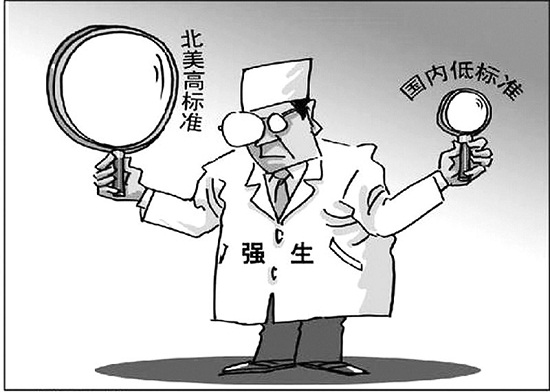Trends
In year 2011, the beauty and personal care industry in mid China achieved robust growth. One of the reasons for such trend is the increased frequency that consumers make purchase due to advertisements on TV, newspapers and magazines. Another reason is the increase in the average people’s disposable income.
Due to the pressure of high inflation, several retailers raised the prices for beauty and personal care products. Being price sensitive, consumers will be more cautious when making decisions.
The sector that saw the biggest growth in year 2011 was men’s grooming, with a current value growth of 20%. This indicates that men’s skin care is becoming noticed by more and more consumers. More and more male consumers are buying themselves skin care products. Thus, most market players have made adjustments to their products. Take Tjoy(丁家宜) as an example. It launched a series of male oil control products for oily skin and adjusted the products of aging skin for men in 2011. It benefited a lot from its successful product strategies and large scale advertisements.
Product safety has always received much consumer concern. Johnson & Johnson Baby Shampoo, a product that used to receive much welcome, has encountered some cancer-inducing problem with its ingredients, and the sales volume was greatly influenced. It can be seen that consumers care much about quality, and such news could destroy consumer confidence.
In mid China, the main retailing channel is still large department stores. Also, specialist retailers have made their attempts into this market. Wastons has already had outlets in big cities in mid China, and in early 2011, Sephora had its first outlet in Wuhan(武汉).
Prospects
It is foreseeable that beauty and personal care product industry will see more development in the future in mid China. Consumers are expected to have higher disposable income and thus stronger consumption power. Also, with the propagandas and advertisements made by big brands, consumers will pay more attention to famous brands, whose qualities are believed to be trustworthy.
Men’s grooming product market, which had been developing quickly, will continue to grow. And many market players are having plans to develop new products to cater to such need. Thus, more and more grooming products will be saw in department stores and specialist stores.
Internet retailing is a big challenge to traditional retail channels. B2C platforms like Tmall, Lefeng(乐蜂), Jumei(聚美优品), Likeface, and Hitao(嗨淘网) are all receiving more and more attention in mid China. Although there are many websites in this business, online retailing still accounted for a relatively small portion of all sales, and this sector is going to have more development.
Edited for Daxue Market Research in China
Credit Photo: Xplus





